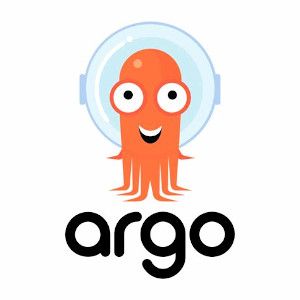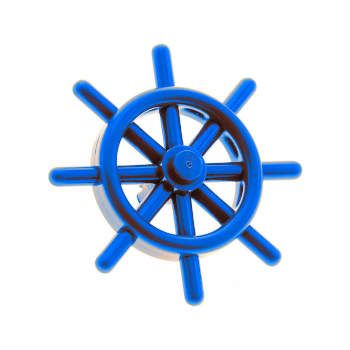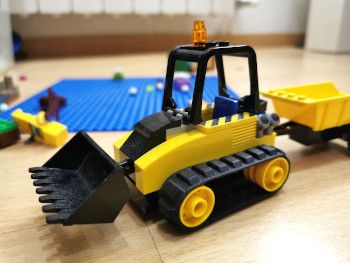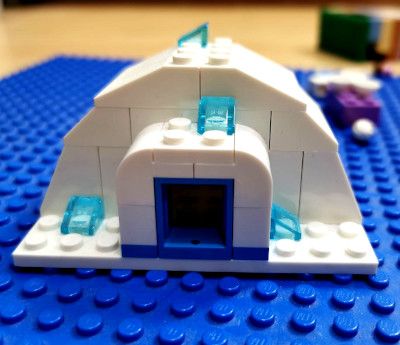-
Getting started with Argo Workflows
6 min read

Argo Workflows is a open-source container-native workflow engine designed to run containerized jobs in Kubernetes clusters, similar to tekton.
It uses DAGs (Directed Acyclic Graphs) or step-based workflows that will run each in a container.
22/10/2024
Read more... -
Install Prometheus, AlertManager and Grafana in Kubernetes using Helm
3 min read

We can use the Kube Prometheus Stack Helm chart to deploy a full monitoring stack in Kubernetes. It's going to install Prometheus, AlertManager and Grafana with minumum configuration.
09/09/2024
Read more... -
Kubernetes: Pod Security
4 min read

Security is one of the key concerns when running workloads on Kubernetes. To help teams safeguard their cluster environments, Kubernetes offers Pod Security Standards (PSS). These standards define how to enforce security controls for your pod workloads.
02/09/2024
Read more... -
Kubernetes: Tunneling through a Pod with socat
2 min read

When you need to connect to some service as if you were in the same network as the Kubernetes cluster, you can use a Pod with socat to create a tunnel to the service.
28/08/2024
Read more... -
Using kubectl to edit the status of an object
3 min read

As of kubectl v1.24, it is possible to patch subresources using the
--subresourceflag. This is useful for updating the status of an object, for example.18/03/2024
Read more...
Kubernetes:
container orchestration
